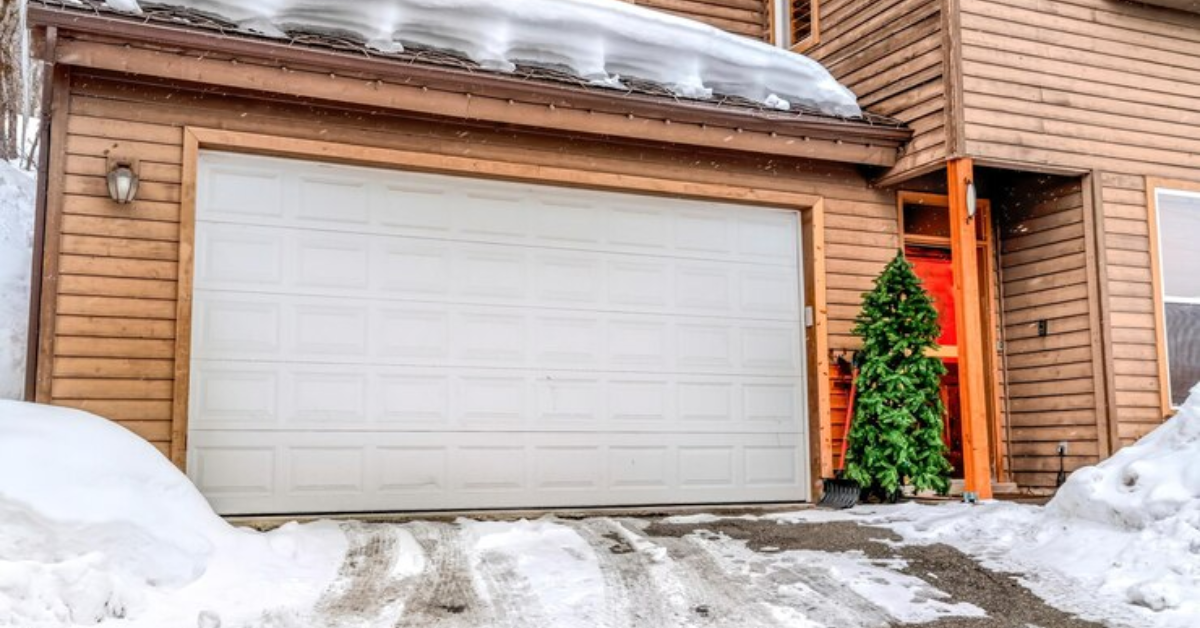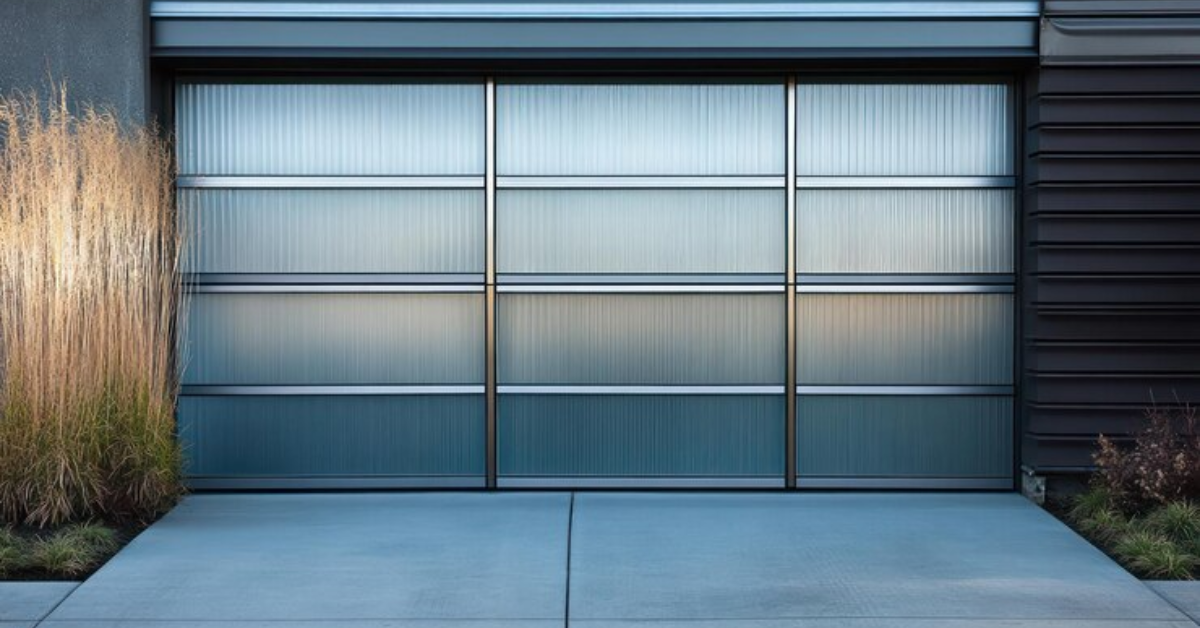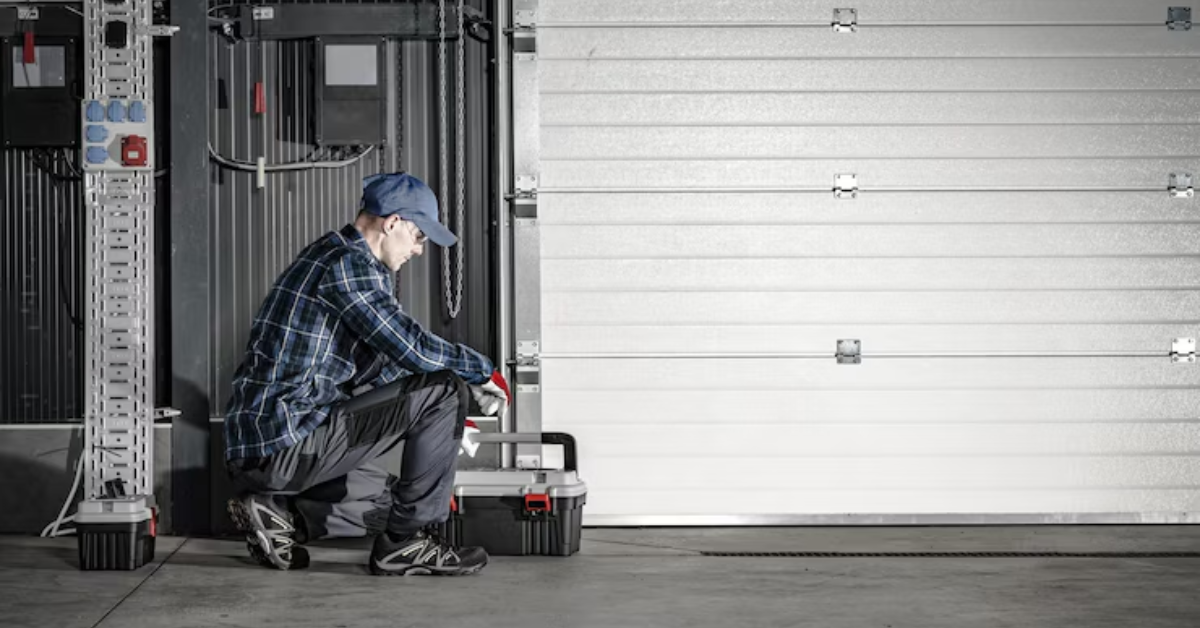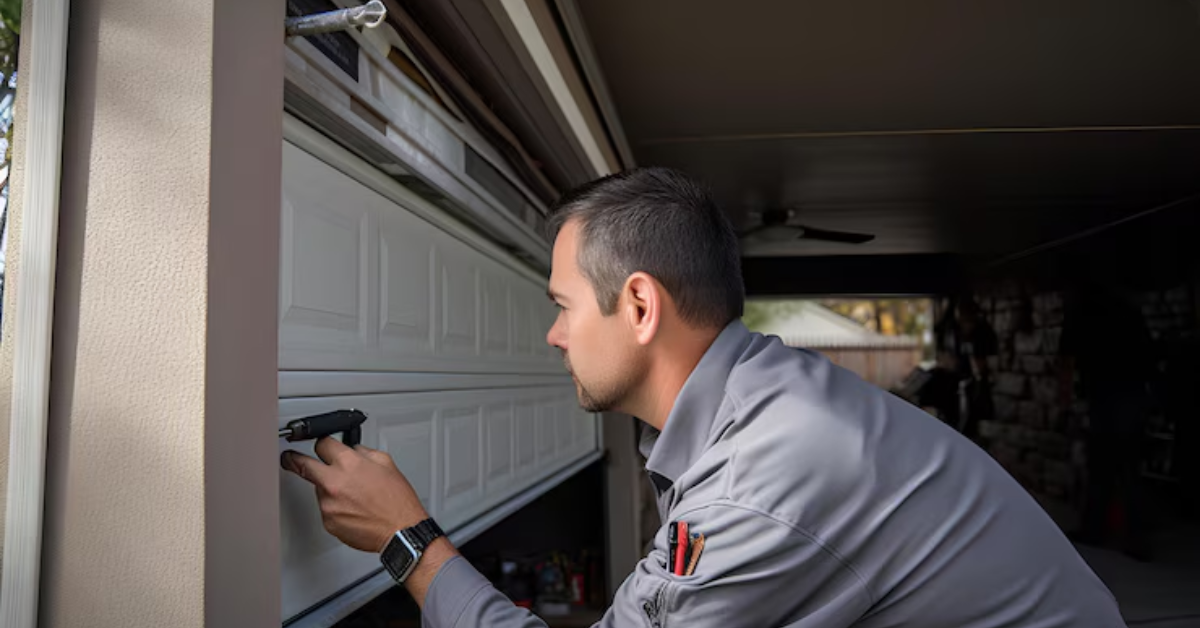Do Automatic Garage Doors Freeze Shut in Snow?
When winter hits hard, homeowners often face a variety of cold-weather problems—and one surprisingly common issue is a frozen garage door. If you've ever tried to leave your house on a snowy morning only to discover that your automatic garage door won’t budge, you're not alone. Many people wonder: Do automatic garage doors freeze shut in snow? The short answer is yes, they can. However, understanding why it happens and how to prevent it can save you from frustration, delays, and costly repairs.
Why Do Automatic Garage Doors Freeze Shut?
Automatic garage doors can freeze shut when moisture gathers around the bottom seal and then turns to ice. This often happens overnight when temperatures drop below freezing. Snow, sleet, or rain can seep under the garage door, and once the temperature falls, that moisture solidifies, essentially gluing the door to the ground.
Another issue can be ice forming in the garage door’s track system, which prevents it from opening or closing smoothly. Add in freezing winds and consistent snow buildup, and it's easy to see how winter weather can take a toll on your garage door system.
Common Signs of a Frozen Garage Door
Recognizing the signs early can help prevent further damage. If your garage door:
- Struggles to open or close
- Makes loud grinding noises
- Doesn’t respond to your remote or wall button
- Seems sealed to the ground
It’s possible that it has frozen shut. Trying to force the door open without diagnosing the issue may damage the opener or break the seal at the bottom of the door.
How Snow and Ice Affect the Garage Door System
It's not just the door that’s affected when temperatures drop. Cold weather can cause:
- Rubber seals become brittle, making them less flexible and more prone to sticking to icy surfaces.
- Metal components like springs and tracks to contract, which can affect the alignment and operation.
- Garage door openers work harder than normal, reducing their lifespan if consistently strained.
Even insulated garage doors aren’t immune if the door threshold isn't properly weather-sealed or if snow consistently piles up outside.
Preventing Garage Doors from Freezing Shut
The good news is that there are effective ways to prevent your automatic garage door from freezing shut during snowstorms and frigid nights.
- Keep the area around the door clear of snow and ice. After each snowfall, shovel away snow from the base of the garage door to prevent moisture from seeping in.
- Apply a de-icing solution. Safe, pet-friendly de-icers or even a homemade salt and water mix can prevent ice buildup. Just be careful, as some chemicals can damage concrete or garage seals.
- Use a silicone-based lubricant on the rubber seal. This reduces the chances of the door sticking to the ground by creating a water-repellent barrier.
- Install a garage door threshold seal. This helps block out water and snow, reducing the risk of freezing at the base of the door.
- Check your garage insulation. A well-insulated garage stays warmer, which can reduce the likelihood of freezing. Insulated doors and weather stripping make a big difference.
What to Do if Your Garage Door Freezes Shut
If you suspect your garage door is frozen, resist the urge to repeatedly hit the opener button. This can damage the motor or pull the rubber seal off entirely.
Instead, try the following:
- Gently chip away at the ice with a plastic shovel or scraper.
- Pour warm (not boiling) water along the base to melt the ice. Follow up immediately by drying the area with a towel to prevent refreezing.
- Use a blow dryer or heat gun (with caution) to thaw the bottom seal.
- Disconnect the opener and attempt to lift the door manually. If it still won’t move, don’t force it—wait until the ice is fully melted.
Professional Maintenance and Winter Prep
To avoid issues during winter, it’s smart to have your garage door system inspected and serviced in the fall. A professional technician can:
- Check the balance and alignment
- Lubricate moving parts
- Replace worn-out seals
- Test the opener’s efficiency in cold temperatures
This proactive step can keep your garage door operating smoothly all winter long.
Final Thoughts
So yes, automatic garage doors can freeze shut in snow, but it’s not inevitable. With proper maintenance, awareness, and a few preventative measures, you can reduce the risk of winter disruptions. Remember, your garage door is one of the most frequently used entrances in your home, and keeping it functional in cold weather is essential for convenience and safety.
By taking care of your garage door system and staying ahead of the freeze, you'll save yourself a lot of trouble—and keep your mornings stress-free, even when snow blankets your driveway.




